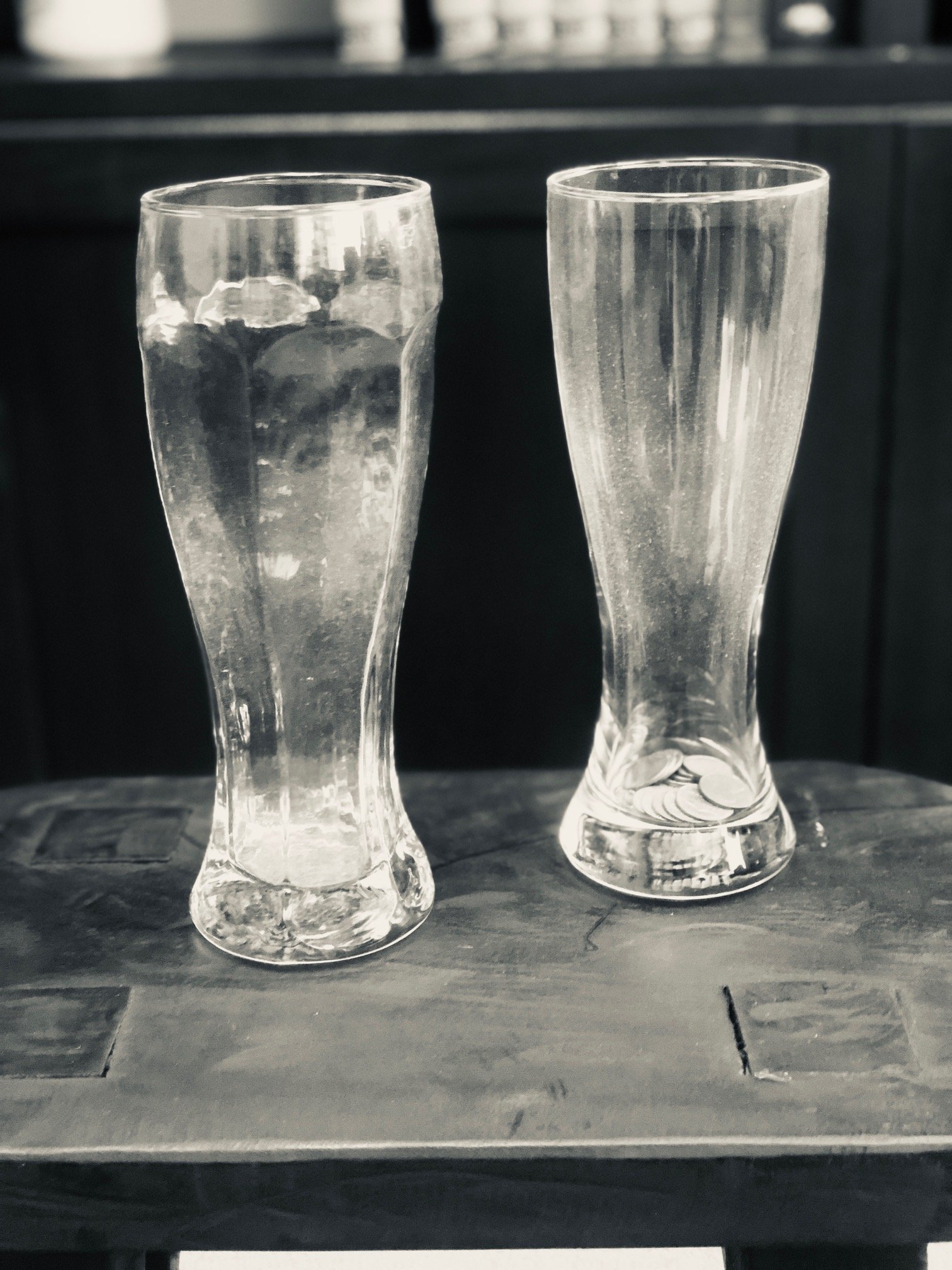Under the Iowa Dram Shop Act, in order for a tavern to be liable for damages to a third person, the establishment must have “sold and served” an alcoholic beverage to a person it knew or should have known was or would become intoxicated (also known as “an alleged intoxicated person”). How that “sold and served” requirement is interpreted when pitchers of alcohol are sold to a large crowd, but not to the alleged intoxicated person directly, was recently at issue before the Iowa District Court in and for Scott County.
Member/Partner Amanda M. Richards represented a bar in a case filed by a Plaintiff who was injured in an altercation outside of the premises. The Plaintiff asserted that the individual who assaulted him outside the bar was intoxicated and was sold and served alcohol by the bar pursuant to the Iowa Dram Shop Act. The Plaintiff sued the bar for his personal injuries under the Dram Shop Act.

Ms. Richards argued that although the undisputed facts established that the alleged intoxicated person involved in the altercation was at her client’s bar that night and consumed alcohol within the bar, a dram shop action could not be brought against the bar because the alcohol consumed came from pitchers that were not purchased by the alleged intoxicated person himself. Rather, the evidence in the case revealed that the alcohol the alleged intoxicated person consumed came from pitchers of beer that had been sold to other patrons and shared with the alleged intoxicated person by those purchasers. Using surveillance footage, witness interviews, and testimony from the alleged intoxicated person himself, Ms. Richards set forth that the alleged intoxicated person was never served alcohol directly from the bar. Ms. Richards filed a Motion for Summary Judgment with the Court asserting that the bar could not be liable under the Dram Shop Act because the Plaintiff could not meet the “sold and served” requirement under the Dram Shop Act.
The Iowa District Court in and for Scott County agreed, finding that Iowa’s Dram Shop Act may not be extended to scenarios in which a patron received alcohol from a vendor in a second-hand fashion. Specifically in this case, the Court found that the alleged intoxicated person did not directly purchase alcohol from the bar, which precluded liability under the Dram Shop Act.
On August 18, 2020, the Court entered judgment in favor of the bar dismissing the case.


